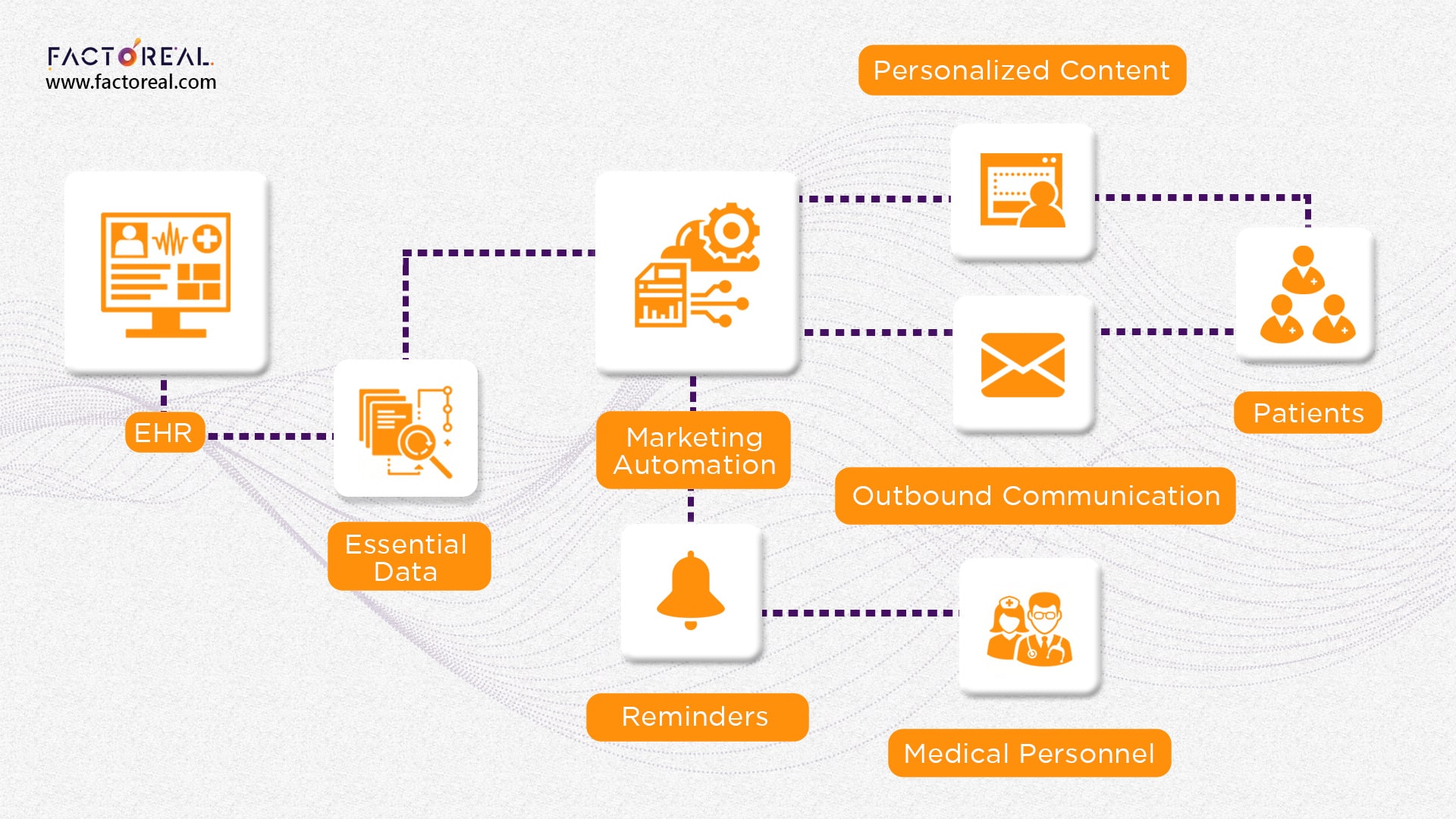
Today, the team approach to healthcare — where physicians consult with one another on their respective but overlapping patients’ care, and where the patient and physician are partners in the healing process — is generally viewed asa leading way to improve patient health outcomes. This approach, known in some circles as “integrative” healthcare, is transforming the delivery of healthcare in the United States.
That’s because the integrative approach enhances the cost-effectiveness of the delivery of healthcare for both physicians and insurers by reducing the reoccurring nature of disease (which is costly). Perhaps more import, proactive consultations between healthcare professionals of differing specialties naturally leads to better patient health outcomes.
So, if integration is changing the healthcare landscape for the better, where else within the realm of healthcare might integration dramatically reduce waste, increase productivity, and play a role in improved patient health outcomes? One place to look is with your practice’s patient communication and education.
For instance, if you’re in the business of healthcare and you’re interested in reducing costs while improving patient health outcomes, you already know that you have to devote a certain amount of your time and resources to patient education. Granted, there’s a lot to manage. There’s handcrafting content that prepares patients for the tests, assessments, and treatments they’re about to receive. And there are calls to action to ensure patients are taking their medications, showing up to appointments prepared and on time, and are actively participating as an engaged partner in their own healthcare.
Marketing Automation Improves Patient Education
And that’s where marketing automation comes into play. While originally focused on email marketing, today’s marketing automation tools handle a range of automation and analytic functions for healthcare practices. In particular, such tools provide solutions for inbound patient marketing, and outbound patient education. Marketing automation solutions like Factoreal handle the delivery and analysis of education campaigns with the end design of improving patient health outcomes.
Unfortunately, most marketing automation platforms live in a vacuum — as do most healthcare practice electronic health records (EHR) and electronic medical records (EMR) platforms. This leaves healthcare practices with many disparate technologies that are viewed as anything but integrated. That’s why it’s so important that when seeking a new or replacement marketing automation or EMR / EHR solution, you do some work ahead of time to document your integration requirements. Then seek a solution capable of reducing the amount of time you may be wasting by not bridging disparate technologies correctly from Day One.
According to the latest data available from the U.S. Office of the National Coordinator for Health Information Technology, nearly 86 percent of office-based physicians had adopted an EHR/EMR solution for their practice. That means, most healthcare practices — including the one you operate or work for — have a systematized collection of patient contact and health information already stored in a digital format.
Now, imagine trying to leverage that data, including custom objects and fields within each patient’s record, to create and deliver content campaigns that improve both your practice’s efficiency and the patient experience.
Can You Easily Share Your Electronic Records?
Is your EHR/EMR is capable of seamlessly sharing patient healthcare data — such as demographics, appointments, doctor’s orders within the scope of patient education, and more — all within a HIPAA-compliant environment? If not, you’re going to end up spending more of your hard-earned money preforming tasks that you wouldn’t need to if your systems were capable of integrating.
Lucky for you, most electronic health records (EHR) and electronic medical records (EMR) platforms are already configured for data integration. From lab, test, and diagnostics results, to patient portals and billing, EHR/EMR platform providers inherently understand the need for data integration.
That said, hardly any of these healthcare practice-essential platforms are currently integrating with marketing automation solutions right off the shelf. Which means, when searching for a marketing automation solution, you have to research what kind of integration capabilities are possible — not only for the marketing automation solution but for the EMR/EHR your practice currently uses.
The primary issue to you have to solve for is interoperability between disparate systems. If the language is unfamiliar to you, that’s okay. It’s what we’ve been talking about throughout this post. Interoperability simply means the ability of computer systems or software to exchange and make use of information. In this case, it’s your electronic health records platform and the marketing automation platform you’re now considering adding to your healthcare practice’s technology ecosystem.
Interoperability is solved in one of two ways:
- Systems already talk with each other because integrations are accounted for before you purchase them. In the case of your EHR/EMR, the most common example is a patient portal. The overwhelming majority of EHR/EMR platforms come configured to integrate with patient portals.
- You have to invest in creating a bridge of your own. By bridge, we mean a connection between your EHR/EMR and your marketing automation solution.
In the second instance, both platforms need to have open or permissioned APIs (application programming interfaces), allowing software developers to create “pipes” and “hooks” for the exchange of data in highly specific ways.
The 10 Questions Your Healthcare Practice Must Ask before Choosing a Marketing Automation Solution
The best advice we can offer in terms of how to ensure that interoperability is fully understood and accounted for — before you choose a marketing automation platform — is to ask marketing automation vendors the following 10 questions:
- Please describe your marketing automation platform’s overall integration capabilities.
- Does your platform have APIs available for integration?
- What is required to integrate your marketing automation platform with our electronic health records (EHR) / electronic medical records (EMR) platform?
- Does your marketing automation platform integrate with eCommerce platforms?
- Does your marketing automation platform integrate with analytics systems?
- Can your marketing automation platform integrate with third-party web services?
- Can a campaign be created to call a third-party web service?
- Do you offer a marketplace that details all of the integration partners and their available technology?
- Does your platform provide knowledge or “how to” information for teams building integrations?
- Does your firm have a relationship with a trusted third-party vendor who can assist us with creating bridges between disparate platforms and your marketing automation platform? If so, what is the name and a contact at that firm?
At the end of the day, the very health of your medical practice depends in part on whether you can successfully integrate your marketing automation platform with the practice’s electronic health records/electronic medical records platform.



